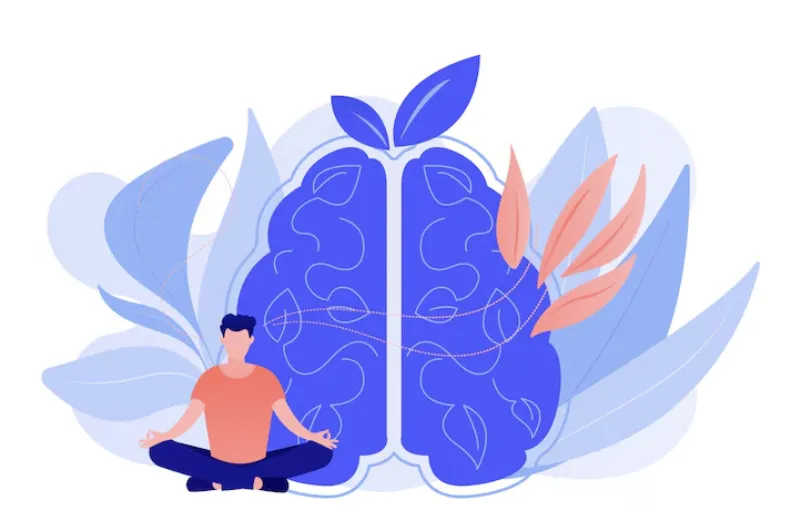Mental Health in Today’s World

Mental health has become a central focus in today’s society, reflecting a growing awareness of its importance to overall well-being. With increasing stressors and rapid changes in modern life, addressing mental health challenges is more critical than ever. This article explores the state of mental health today, common challenges, and ways to promote mental well-being.
The Current State of Mental Health
Rising Awareness:
Public understanding of mental health has significantly improved, reducing stigma and encouraging open conversations.
Campaigns and initiatives worldwide advocate for mental health awareness, emphasizing that it is as important as physical health.
Prevalence of Mental Health Issues:
Mental health conditions such as anxiety, depression, and stress-related disorders are increasingly common.
According to the World Health Organization (WHO), one in eight people worldwide lives with a mental health condition.
Impact of the COVID-19 Pandemic:
The pandemic has exacerbated mental health challenges due to isolation, uncertainty, and economic stress.
Increased rates of burnout, particularly among healthcare workers and essential employees, highlight the need for systemic support.
Common Mental Health Challenges
Stress and Anxiety:
Modern life’s fast pace and high demands often lead to chronic stress and anxiety.
Factors such as work pressures, financial instability, and social expectations contribute significantly.
Depression:
Depression remains one of the leading causes of disability globally.
Symptoms include persistent sadness, loss of interest in activities, and difficulty concentrating.
Burnout:
Prolonged stress and lack of balance between work and personal life can lead to burnout, characterized by emotional exhaustion and reduced performance.
Youth Mental Health:
Young people face unique challenges, including academic pressures, social media influences, and identity struggles.
Rising rates of anxiety, depression, and suicide among adolescents are alarming.
Loneliness and Isolation:
Urbanization and digital communication often reduce meaningful in-person interactions, leading to feelings of loneliness.
Promoting Mental Well-Being
Build Support Networks:
Maintain close relationships with friends, family, or support groups to foster a sense of belonging and reduce isolation.
Prioritize Self-Care:
Engage in activities that promote relaxation and enjoyment, such as hobbies, exercise, or meditation.
Ensure adequate sleep and maintain a balanced diet to support overall well-being.
Seek Professional Help:
Therapy, counseling, or psychiatric care can provide invaluable support for managing mental health conditions.
Medication, when prescribed appropriately, can be an effective part of treatment.
Leverage Technology:
Apps and online platforms offer resources for mental health management, including guided meditations, mood tracking, and virtual therapy.
Reduce Stigma:
Educate communities about mental health to foster understanding and empathy.
Encourage open discussions to normalize seeking help.





